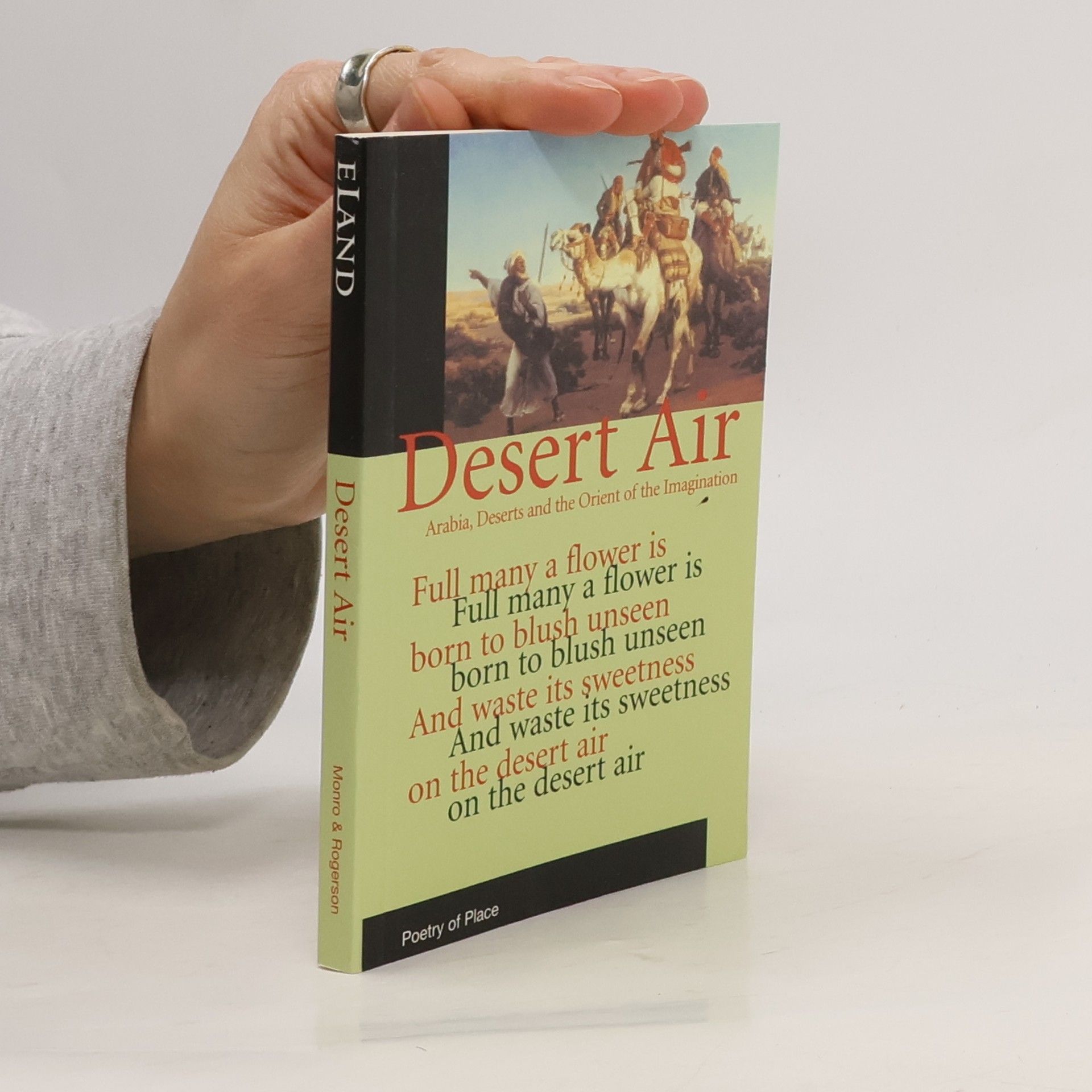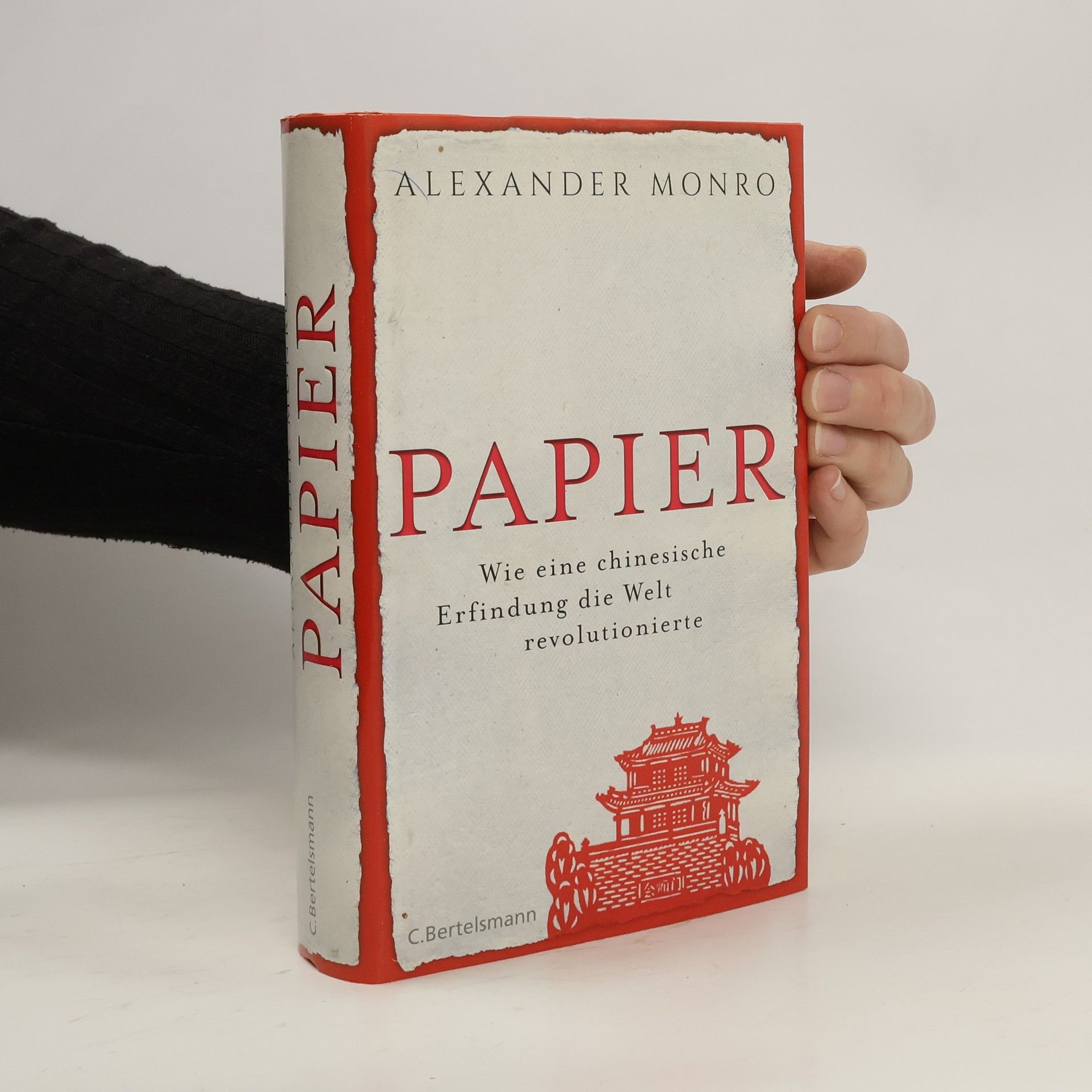Die faszinierende Kulturgeschichte des PapiersOb Bibel, Gemälde, Kaffeebecher, Toilettenpapier, Pamphlet oder Bestseller, sie alle wären ohne Papier nicht denkbar. Seit vor ungefähr 2000 Jahren im China der Han-Dynastie die Erfolgsstory des Papiers begann, wurde es zum herausragenden Übermittler für Wissen, Ideen und Information – billig, leicht zu transportieren, für jeden erreichbar. Doch geht diese einzigartige Geschichte der Verbreitung von Gedanken, Überzeugungen und Erkenntnissen mit der Digitalisierung zu Ende? Ist das Zeitalter des Papiers vorbei? Alexander Monro folgt den Spuren des Papiers von Asien nach Europa, wo es erst im 13. Jahrhundert ankommt und die Basis schafft für Aufklärung, Veränderung, Bildung. Milliarden Leser halten heute bedrucktes Papier in der Hand, und in vielen Regionen der Erde ist es immer noch das machtvollste Informationsmedium, trotz Radio, Fernsehen, und digitalen Medien.
Alexander Monro Bücher
Alexander Monro primus war ein schottischer Chirurg und Anatom, der zum Gründungsdirektor der Anatomie an der Universität Edinburgh ernannt wurde. Seine Vorlesungen, die er in englischer Sprache statt im üblichen Latein hielt, erwiesen sich bei den Studenten als äußerst beliebt. Seine didaktischen Fähigkeiten trugen maßgeblich zum Erfolg und Ansehen der medizinischen Fakultät von Edinburgh bei. Sein Vermächtnis ist nicht nur für die Weiterentwicklung der Anatomie bedeutsam, sondern auch für die Popularisierung des Englischen als Unterrichtssprache in der Medizin.


Poetry of Place: Desert Air
- 144 Seiten
- 6 Lesestunden
One in a series of pocket-sized books for travellers, this book presents the poetry of Arabia, deserts and the orient of the imagination.